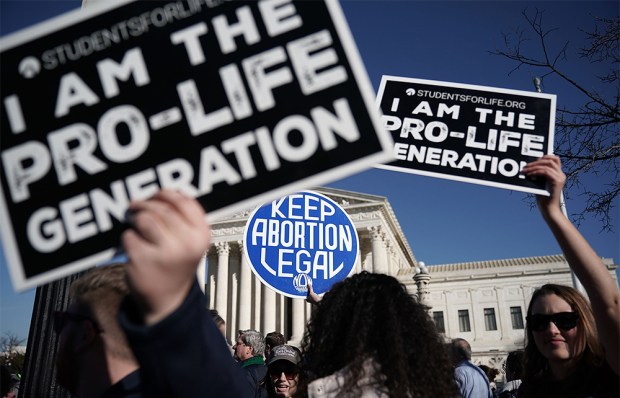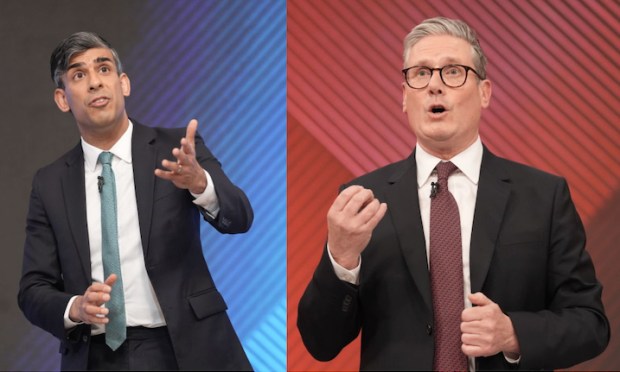Long before student activists started talking about pulling down statues of Cecil Rhodes, a cultural war was being waged in America over monuments honouring General Robert E. Lee and other leaders of the Confederacy. In 2001 there was a petition to remove some of these statues from the University of Texas on the grounds that their presence might ‘lead people to believe that the university is tolerant of the Confederate ideology regarding slavery’.
Already a subscriber? Log in
Subscribe for just $2 a week
Try a month of The Spectator Australia absolutely free and without commitment. Not only that but – if you choose to continue – you’ll pay just $2 a week for your first year.
- Unlimited access to spectator.com.au and app
- The weekly edition on the Spectator Australia app
- Spectator podcasts and newsletters
- Full access to spectator.co.uk
Or
Unlock this article
You might disagree with half of it, but you’ll enjoy reading all of it. Try your first month for free, then just $2 a week for the remainder of your first year.














Comments
Don't miss out
Join the conversation with other Spectator Australia readers. Subscribe to leave a comment.
SUBSCRIBEAlready a subscriber? Log in